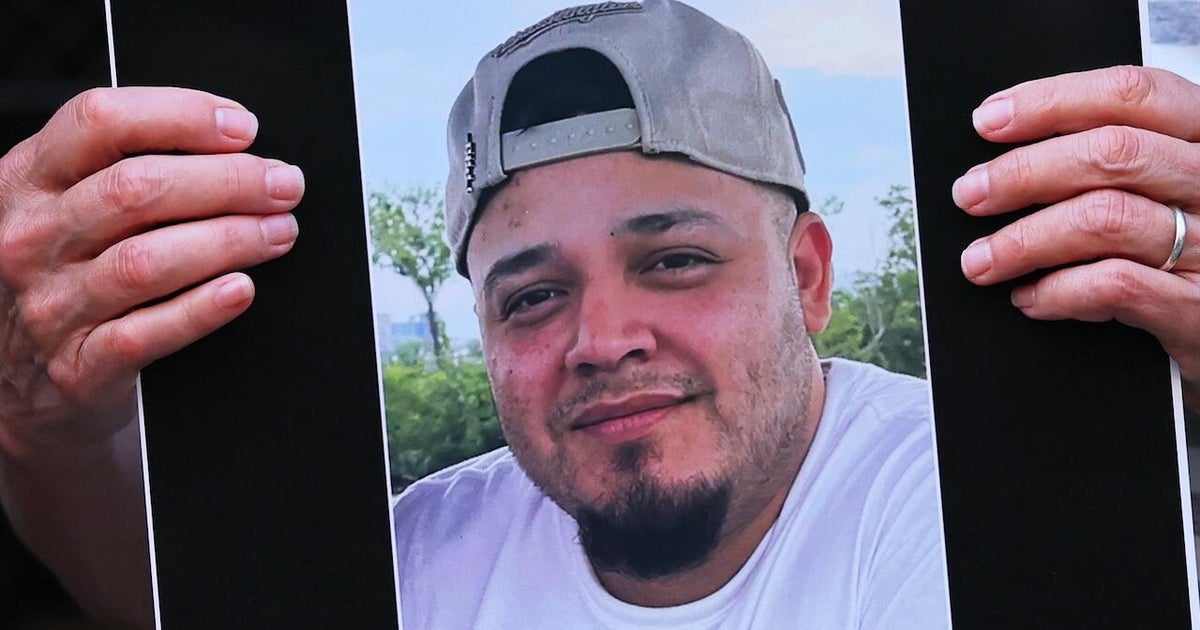Kilmar Abrego Garcia: A Complex Case of Deportation and Criminal Charges
Background and Deportation
Kilmar Abrego Garcia, a Salvadoran immigrant, has recently attracted significant national attention due to his controversial removal from the U.S. and subsequent return to face criminal charges. Initially deported back to El Salvador in March 2025—a move the Trump administration termed a "mistaken deportation"—Garcia was admitted to a notorious prison known for its harsh conditions. His case has spurred discussions about immigration policies and due process rights, especially concerning those who have sought refuge in the U.S. from violent conditions in their home countries.
Charges Filed Against Abrego Garcia
On June 6, 2025, a federal indictment unsealed in Nashville revealed two counts against Garcia: conspiracy to transport aliens and unlawful transportation of undocumented aliens. The allegations detail how, from 2016 to 2025, he and co-conspirators allegedly conspired to smuggle migrants from various Latin American countries into the U.S. Authorities claim that Garcia played an instrumental role in a trafficking ring that exploited women and children.
Attorney General Pam Bondi emphasized the seriousness of the allegations against Garcia at a press conference. According to her, this case exemplifies a broader crackdown on human trafficking and emphasizes the commitment of U.S. institutions to uphold "American justice."
Reactions from Officials and Legal Representatives
In a follow-up interview, former President Donald Trump distanced himself from the decision to return Garcia to the U.S., stating, "The Department of Justice decided to do it in that way, and that’s fine." He expressed confidence that the evidence against Garcia would support a strong case for prosecution.
Conversely, Garcia’s attorney, Simon Sandoval-Moshenberg, has characterized the proceedings as an "abuse of power." He argues that due process necessitates the opportunity to defend oneself before punishment is meted out, not after an administrative error led to Garcia’s deportation.
Details of the Indictment
The indictment claims that Garcia was part of a system whereby migrants were transported through Mexico before crossing the southern U.S. border. The methods allegedly involved creating cover stories to evade law enforcement scrutiny—stories such as claiming to transport workers for construction projects.
Furthermore, Garcia was reportedly involved in financial transactions for the smuggling operations, collecting payments from migrants whose movements were coordinated through telecommunications and social media. Notably, the indictment referenced a 2022 traffic stop where Garcia was found with multiple undocumented migrants, raising suspicion of human trafficking.
Recent Court Hearings
During a recent court appearance, Garcia presented a subdued demeanor, appearing confused and tired, as he awaited a ruling regarding his future detention. His public defender raised concerns about the lack of adequate time to consult with Garcia prior to the hearing, highlighting barriers to proper legal representation.
Garcia’s next court date, set for June 13, will focus on whether there is sufficient evidence for a detention hearing. His attorney argued for Garcia’s release, countering the government’s assertions that he constitutes a flight risk.
Legal Controversies and Due Process Issues
Garcia’s deportation has drawn criticism for flouting established legal rights. Having been granted "withholding of removal" status in 2019—protection that should have prevented his removal due to the risk of persecution—his deportation has raised significant ethical and legal questions about the government’s practices under the previous administration.
Multiple courts, including the Supreme Court, expressed concern over the handling of Garcia’s case, demanding that his rights be respected. Judge Paula Xinis has been particularly vocal, accusing the administration of failing to comply with court orders designed to ensure due process.
Community and Advocacy Responses
The case has prompted public protests, with advocates rallying in support of Garcia, citing the implications of his case on broader immigration policies and rights. Protesters have raised concerns that the government’s actions exemplify systemic issues within the immigration enforcement framework, including the treatment of individuals who face deportation to dangerous circumstances.
Conclusion
Kilmar Abrego Garcia’s case continues to unfold, interspersed with legal battles and significant public scrutiny. The intricacies of his deportation, alleged criminal conduct, and the ensuing legal ramifications exemplify ongoing tensions within U.S. immigration policy and law enforcement practices. As he prepares for his next court appearance, the implications of his case could ripple throughout the immigration system, potentially affecting many individuals in similar predicaments.


